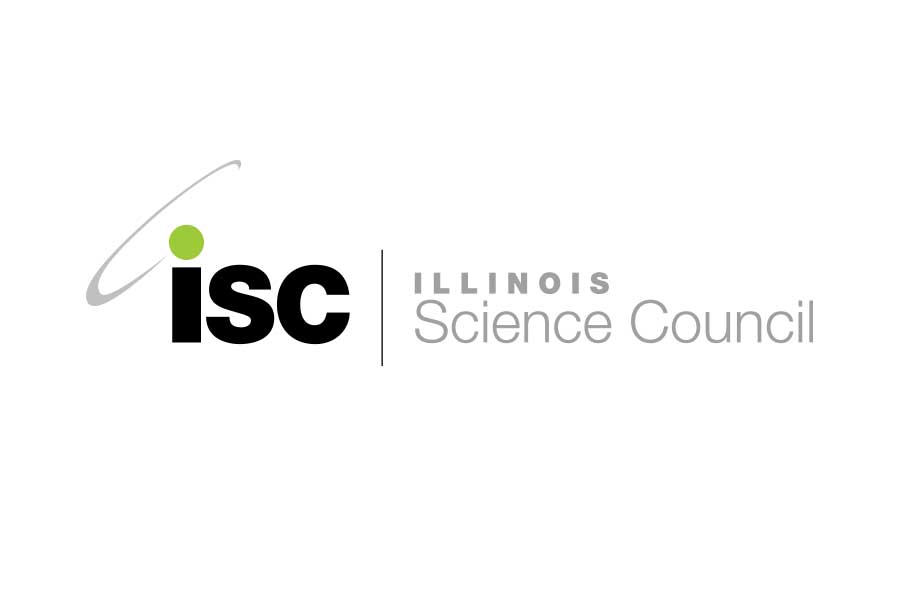Upcoming Events

- This event has passed.
Prominent science writer Ed Yong discusses his latest book “I Contain Multitudes: The Microbes Within Us and a Grander View of Life” with Jack Gilbert, PhD, a researcher of the microbiome at Argonne National Laboratory and the University of Chicago.
About the book: “Every one of us is a zoo in our own right—a colony enclosed within a single body. A multi-species collective. An entire world,” asserts award-winning science writer Ed Yong at the start of his captivating new book, I Contain Multitudes: The Microbes Within Us and a Grander View of Life (Ecco; on sale August 9, 2016). Offering a brilliant and transformative “microbe’s-eye view” of our world, Yong’s is the first book to tell the full story of microbes and how they influence the lives, evolution, health, abilities, and identities of their animal hosts—not least of all humans. Written with infectious enthusiasm and unimpeachable knowledge, it is the perfect pairing of subject and author, delivered with the charm and humor that the more than 1 million viewers of Yong’s TED talks have come to expect.
While there has been a recent focus on the microbiome in the human gut and its effect on health, I Contain Multitudesoffers a more inclusive embrace of the subject as Yong succinctly and clearly explains its importance and relevance to life on earth. “I’ve been writing about partnerships between animals and microbes for almost 9 years,” Yong says. “I realized that this field was full of incredible stories, fascinating biology, and compelling characters—and that no one was tying them all together into one cohesive package. I wanted to show the world the secret natural history behind the natural history that they are familiar with. I’ve visited labs that work on squid and aphids, walked into a freezer full of human milk, held a totally sterile mouse, and watched scientists swab pangolins, dolphins, and armadillos.”
All zoology is really ecology, and understanding the intricate interconnections of the ecosystem that underlies all living things can enrich and alter our view of the world and our sense of where we belong in it. As he guides us on a fascinating tour through cutting-edge science, introducing us to the often giddy and gleeful scientists at work on the front lines, Yong explains how bacteria can alter our response to cancer-fighting drugs, tune our immune system, influence our evolution, and even modify our genetic make-up.
In the tradition of Richard Dawkins and Michael Pollan, Ed Yong offers a marvelous, accessible, and radically reconceived picture of life on earth.
About the author: Ed Yong is an award-winning science writer on the staff of The Atlantic. His blog Not Exactly Rocket Science is hosted by National Geographic, and his work has also appeared in The New Yorker, Wired, the New York Times, Nature, the BBC, New Scientist, Scientific American, the Guardian, the Times, Aeon, Discover, The Scientist, Slate, Mosaic,and Nautilus. He splits his time between London and Washington DC.
About the interlocutor: Professor Jack A Gilbert earned his Ph.D. from Unilever and Nottingham University, UK in 2002, and received his postdoctoral training at Queens University, Canada. He subsequently returned to the UK in 2005 to Plymouth Marine Laboratory at a senior scientist until his move to Argonne National Laboratory and the University of Chicago in 2010. Currently, Professor Gilbert is the Director of the Microbiome Center and a Professor of Surgery at the University of Chicago. He is also Group Leader for Microbial Ecology at Argonne National Laboratory, Research Associate at the Field Museum of Natural History, and Scientific Fellow at the Marine Biological Laboratory. Dr. Gilbert uses molecular analysis to test fundamental hypotheses in microbial ecology. He has authored more than 220 peer reviewed publications and book chapters on metagenomics and approaches to ecosystem ecology. He is currently working on generating observational and mechanistic models of microbial communities in natural, built and human ecosystems. He is on the advisory board of the Genomic Standards Consortium (www.gensc.org), and is the founding Editor in Chief of mSystems journal. In 2014 he was recognized on Crain’s Business Chicago’s 40 Under 40 List, and in 2015 he was listed as one of the 50 most influential scientists by Business Insider, and in the Brilliant Ten by Popular Scientist. In 2016 he won the Altemeier Prize from the Surgical Infection Society, and the WH Pierce Prize from the Society for Applied Microbiology for research excellence.
About the co-sponsor: The Microbiome Center is an intellectual home for researchers across the University of Chicago, the Marine Biological Laboratory, and Argonne National Laboratory to advance understanding of the identity and function of microbes. The Microbiome Center supports the scientists who are investigating fundamental questions and developing new applications and tools to understand and harness the capabilities of microbial systems across different fields.


